Why the Chinese Love Australian Real Estate
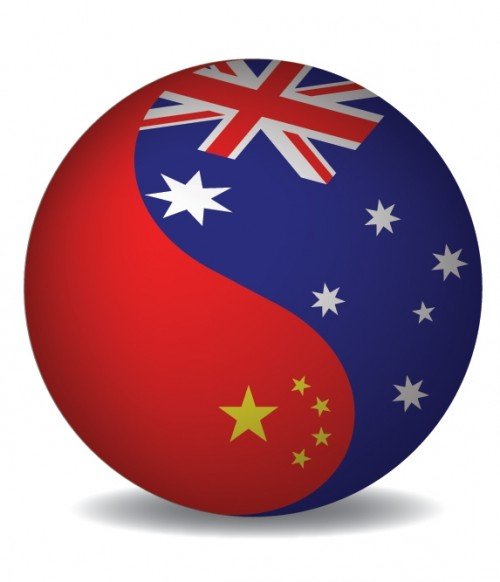
A developer listed a massive block of apartments for sale in Sydney last weekend. Demand was so strong that the developer, Jeff Xu said, “People were snatching, not buying.”
Buyers were literally lining up to sign contracts to buy one of 230 first-stage apartments for sale in the northern Sydney suburb of Macquarie Park. The 230-unit offering sold out within hours.
Here’s a photo of buyers swarming the sales table:

According to Australian Financial Review, 80 percent of the units were sold to local buyers, mostly Chinese immigrants, and 20 percent to overseas investors, mostly from China.
These hype-filled apartment offerings have been a regular occurrence in Australia’s biggest cities for the last few years. Another release on the same day in one of the southern suburbs of Sydney sold half of its offering in one day.
The Chinese are the primary drivers of demand for high-rise apartments in Australia. Aussies typically value dwellings with land, so they are not particularly drawn to the apartment market. Chinese investors on the other hand are quite accustomed to living in crowded boxes in the sky, so to them it seems like a logical investment.
Just the day before this sales madness, the Reserve Bank of Australia (RBA) warned that Melbourne, Brisbane, and Sydney are all facing oversupplies of apartments. Nearly 40,000 new inner-city units are in the pipeline, yet to be built. If you factor in units scheduled to be built in the surrounding suburbs, the figure swells to about 200,000.
Apparently the buyers of those 230 Park One apartments weren’t listening.
A Massive Amount of Chinese Capital Has Been Flowing Into Australia

At expos like the one advertised above, dozens of agents and developers will show up, scrambling for the attention of Chinese investors.
In the 2014-2015 financial year alone, about $12.4 billion flowed from China into Australia’s residential property market, making up about 15 percent of all new home sales. That amounts to an increase of over 400 percent in just five years.
Some speculate the current flow of Chinese capital into Australia is only a trickle. According to Credit Suisse, the Asian giant could be gobbling up as much as 25 percent of all new Australian home sales by 2020.
In the second quarter of 2016, National Australia Bank reports that 21.7 percent of all new home sales in the Melbournian state of Victoria went to foreign buyers, mostly Chinese.
Where’s all of this money coming from? Well, for the last 15 years, the People’s Bank of China has been on a massive money-printing spree. Subsequently, the Chinese have amassed the largest money supply in the world.
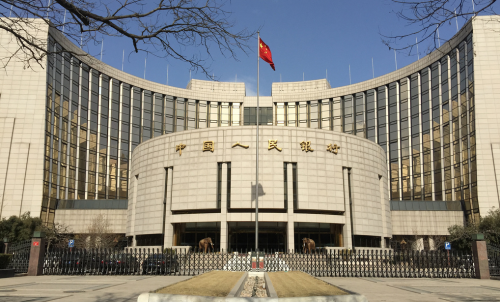
All of this wealth had to flow somewhere, and that somewhere has primarily been into real estate and shares. As China has already experienced enormous bubbles in its asset markets, many Chinese investors are liquidating investments and seeking opportunities in offshore, “safe haven” markets.
Don’t expect a slowdown in their money creation anytime soon. In the last few years, China has continued lowering interest rates and decreasing bank capital requirements. All of this monetary easing has promoted a culture of excessive debt and speculative investing.
Last year, one of China's biggest lenders even began offering zero-deposit home loans for off-the-plan apartment purchases in Melbourne and the Gold Coast. This has paved the way for the Chinese middle class, low on cash, to jump on the Aussie property bandwagon.
The middle class aside, there remains a massive number of potential upper-class Chinese investors. The top one percent of China’s population currently owns about one-third of all residential real estate in the country. This group of economic elite amounts to 13.5 million people, which is more than half the population of Australia.
3 Reasons the Chinese Love Australian Real Estate:
Chinese investors are clearly drawn to the Australian real estate market. Here are three reasons why:
1. Australia has been happy to import Chinese wealth.
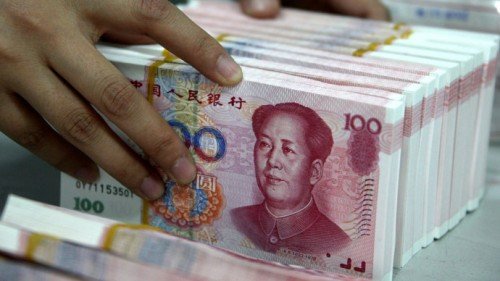
Last year, Chinese officials were encouraging as much outward investment as possible. Since they had massively increased their money supply, the aim was to get some of that cash out of the country to ease inflationary pressure.
China has also been happy to export its currency in order to gain greater political influence overseas. The more of the world their people own, the more international power China will eventually have.
Earlier this year however, after their stock market collapsed, the Chinese government began clamping down on capital outflows. China is facing deflationary pressure in light of a global economic slowdown, so it has become much more difficult to get money out of the country. Of course, there are covert ways to move money overseas.
Australia has mostly rolled out the red carpet for overseas investors. Since Aussies love debt and hate to save - and who can blame them with interest rates so low – Australia desperately needs the injection of foreign capital to finance our lavish lifestyle and supplement our aversion to savings.
Bringing in Chinese money offers our Aussie banks much needed capital, which means they can lend more to households and businesses domestically. Our indebted national and state governments also benefit by the increased tax revenue.
In essence, we’re trying to import China’s inflation to boost our own economy. It’s kind of like taking steroids. The initial benefits are huge, and you look like a stud for a while, but then the natural processes switch off, and you spend your later years facing impotence. It doesn’t look like any other nation will be stepping up to be our Viagra.
2. Australian real estate is cheap and luxurious.
For many Chinese, the idea of owning a piece of Australian real estate is a dream. Most of these investors are NOT crunching the numbers to ensure the deal stacks up. It’s purely an emotional decision as you can see in the following video.
Many Asian investors are looking for a holiday home or a place to retire. These are lifestyle assets first, investment assets second.
Compared to property in Shanghai and Beijing, Sydney real estate is not all that expensive, at least relative to incomes. Although we’re pushing a median home price to income ratio of 12 to one in Sydney, and 10 to one in Melbourne, Shanghai and Beijing are upwards of 25 to one. From the their perspective, our property is dirt cheap.
Their Yuan also goes a long way here. The RBA has devalued our currency massively over the past few years. Even in light of devaluations of the Yuan, our dollar remains highly attractive to the Chinese.
Not only is Aussie real estate a bargain, it’s also luxurious in comparison. As this article reveals, a modest 30-year-old, two bedroom apartment in a densely populated area of Beijing would cost about $700,000. It’s no wonder a plush apartment in Melbourne that’s going for $450,000 sounds like such a bargain.
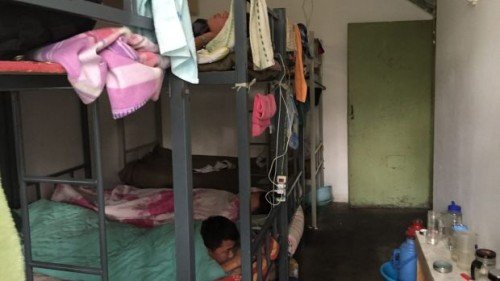
Many Australians scratch their heads, wondering why a Chinese investor would buy a high-rise apartment in Melbourne, and then leave it sitting vacant. Currently, up to 20 percent of apartments in some areas have no residents. The Chinese don’t seem to care because they have a different frame of reference. To them, an empty high rise in Melbourne represents a safe storage of wealth, and perhaps a future holiday or retirement home.
Besides, yields back home are ridiculously low. The average household income in China is about $15,000 per annum. People can’t afford to pay much in rent. Investors may pay millions of Yuan for a property, but only get a few thousand in rental income back per year. If that’s your frame of reference, nothing’s lost if your Docklands apartment sits empty.
3. When you buy an Australian property, you actually own it.
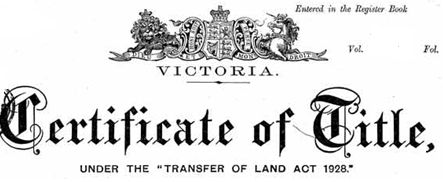
Why is Australia perceived as such a safe place to invest? One of the major reasons is our ownership laws. Many Chinese live in fear that the state could take their assets. While China has made significant strides toward free market capitalism, it remains a communist nation.
As a result, China lacks true ownership rights. When you buy a home or apartment in China, you legally obtain only a land use right, not the land, the dwelling, or any resources in or below the land. All property ultimately belongs to the state.
This land grant contract issued by the government technically has a limited lifespan. The contract length for a residential property is 80 years. Technically, it is nothing more than a long-term lease.
Nobody knows for sure what happens when that 80 years is up. The common assumption is that the lease will be automatically renewed without any cost to the owners, but it could just as easily be taken away and resold to someone else. Time will tell.
In Australia, when you buy a property, you get a title. As long as you pay your property tax, it’s yours until you die, then it passes to your heirs. We take this for granted; however, the Chinese do not.
Will Chinese Investment in Australian Real Estate Last?
How long the floodgates will remain open is anyone’s guess. In closing, here are three economic and regulatory shifts that may soon hinder the flow of Yuan into Australia:
1. Chinese investment capital may dry up.
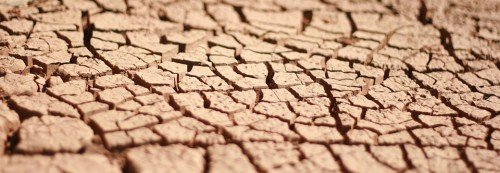
Someday, China’s hyper-growth economy will slow down. We’re already seeing signs of the end now. Many economists believe the worst is yet to come.
If China experiences a severe correction in asset prices, namely real estate and shares, China’s investment capital will completely dry up. When that happens, you’ll hear nothing but crickets at the Shanghai property expos.
2. Capital controls on banks may tighten up the lending markets.
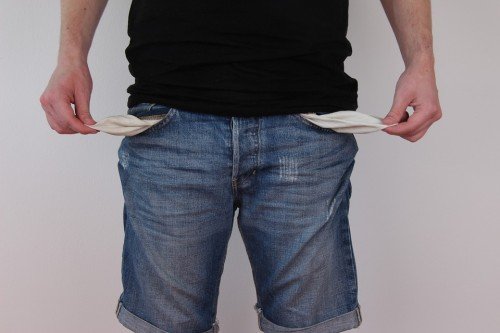
This is already happening in Australia as tougher capital requirements on the banks have led them to stop lending to certain segments of the market. Many lenders are no longer allowing non-residents to borrow money. This means Chinese investors must find the money from home.
Eventually, China’s debt bubble will burst, the economy will contract, and there will be no more cash left to borrow. This will mean no more Aussie property investments for Chinese investors.
3. The Australian government may close the door.
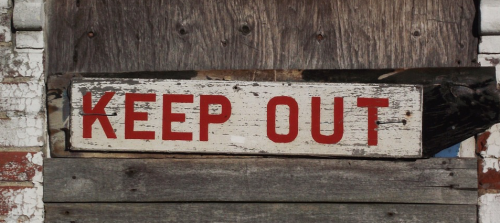
As the perception grows that Chinese investors are damaging our economy or making housing unaffordable, our politicians are coming under increasing pressure to close the door to overseas investment.
Through the Foreign Investment Review Board (FIRB), we already regulate the terms under which foreigners can invest. The aim is to steer all foreign capital towards new development, which boosts employment. The application fee has already gone up significantly, and this may be just the beginning.
Concerns are also increasing about exactly where all this money is coming from. The FIRB says the origin of capital is not its responsibility. While financial planners are required to report suspicions of corruption or money laundering, property professionals are not. Any new anti-money laundering regulation could stem the tide of Yuan flowing in.
Finally, taxes will likely continue to increase for overseas investors. Currently, stamp duty, the tax that must be paid every time a home changes hands, is more than twice as much for foreign buyers than for local buyers. The more people point the finger at “those damn Chinese ruining our housing market,” the more the Aussie government will try to at least act like it’s trying to do something to help.
What do you think will happen to the Australia property market when the Chinese stop buying?

It makes sense that Chinese money is flowing into Aussie real estate, geographically. It's been pouring into Southern Florida for quite some time now and has not slowed. Have a realtor friend that services Chinese clients living outside the U.S. and said he can't keep up with the demand
Sounds like a great problem to have as an agent. I've heard stories of young Chinese guys here in Melbourne in their mid twenties making $400k per year selling to Chinese investors. Smoke em while you got em!
Man - you guys really are just an introduction of no doc loans away from U.S. style bubble....hahaha ;-)
Good post. Similar storyin Canada. Vancouver just started taxing them and it really changed the market quickly.
you should switch out the china tag with cn. ^^
Yeah, I've heard that about Vancouver. Apparently it's one of the only cities more expensive than Sydney. London is up there as well, where they've now upped the stamp duty on all second home purchasers, local and foreign. Unless something changes soon, I think the same will happen in Australia.
Thanks for the cn tip :)
Great post. Sounds like a deflationary crash will be coming to Australia's real estate.
Thanks @lydon.sipe. It's amazing to me how very few people here in Australia believe it will happen. I guess that's what makes it a bubble.
As a newcomer to Australia, I had no idea where to begin my search for a property rental. That's when Rentola came to my rescue. This service provided me with a list of properties that fit my requirements and budget. The Rentola team was also incredibly helpful in answering all my questions and making sure I was comfortable with my decision. I couldn't have found my new home without them.